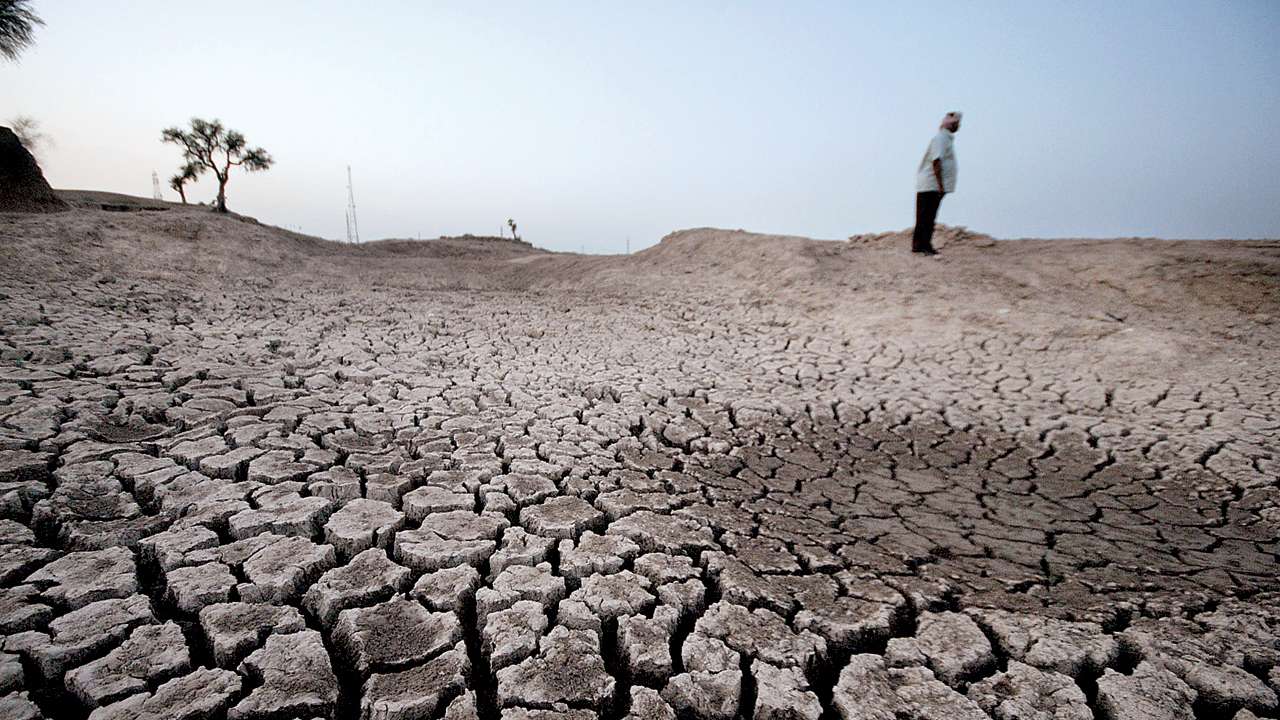
The relentless farmer suicides due to agricultural distress reveal a flaw at heart of the state’s understanding of the problem – doubt.
This is despite awareness about the circumstances that lead to the deaths and in spite of efforts to sweep the figures under the carpet by statistical manoeuvring of official data presentations. The suspicion of whether the farmers did, indeed, die due to unpaid debt and crop failure is inherent in the state investigation of the farmer suicides. The state scepticism leads to the normalisation of the death and distress as a way of life of the poor indebted farmers.
The uncertainty of the findings also compromises the urgency with which remedies need to be implemented. As a result, the government approach is confined to proving that the solution to farmer suicides will be found within the framework of general economic development rather than measures designed for the alleviation of farm distress.
The state’s doubt and distrust towards farmer suicides are manifest in the inquiry procedure in states like Maharashtra, where the Vidarbha region continues to witness the highest number of farmer suicides in the country. The inquiry procedure has been laid down to ascertain whether the farmer suicide was eligible for state compensation by investigating if he had died due to unpaid debts and crop failure. If found eligible, then the farmer’s widow is granted the compensation money of Rs 1 lakh, of which Rs 30,000 is given immediately and the rest is placed in a bank for her, to be recovered after a period of time.
The inquiry procedure, however, has become a way for segregating farmer suicides between those due to farm distress and other causes. The procedure also institutionalised the doubt expressed by the state and elected representatives until the early 2000s that farmers died due to other reasons such as alcoholism, domestic disputes, etc, and not due to problems with agriculture.
Such perception of the state influences the hierarchical structure and turns its interface with the farmers into an act of condescension and authority, rather than of understanding and assistance. Also, this may be the reason why the contributory factors to farmer suicides remain unaddressed.
The inquiry procedure also helps the government to present a much lower number of farmer suicides, as is evident from the data from the most affected districts of Vidbarbha; Amravati, Akola, Yavatmal, Buldana, Washim and Wardha. According to the administration, between 2001 and 2016, these six districts of Vidarbha had recorded a total number of farmer suicides of 12,989 of which only 5,710 were found to be eligible. It is evident that every second farmer suicide was not recognised by the state, and was dismissed as a suicide not due to agricultural distress.
As high farmer suicide numbers put the state and elected representatives on the defensive, providing fodder to attack for the opposition and media, the procedure for recognition of cases has been strict, and weighed against the farmer. This also represents the distrust of the state with the facts that the farmers share about their condition and reasons for suicides.Preoccupied with its suspicion of farmers, the state fails to discern the real reasons for farm distress, especially if it leads to increase in numbers.
The family of the farmer who commits suicide is aware of the suspicion of the state, evident through the interrogation aimed at discovering whether the conditions were desperate enough for the farmer to commit suicide. Within days after the death of her husband, the farmer’s widow is subjected to questioning and her statements are recorded by the administration. The children of the farmer are witness to the inquiry procedure and, remember, the tone and attitude of the administration.
In case the farmer suicide is found ineligible for compensation, the state withdraws from any engagement with the farmer’s family and does not offer any remedy to their situation. With this, the state regularises the death as any other, and leaves the family with the burden of truth that could not be proved. Whether it finds the suicide eligible or ineligible, the inquiry remains indifferent to the condition of the farmer’s widow, who is approached only for her statement, and is now left alone to deal with the same circumstances that killed her husband. The official acceptance of distress makes it tougher for farmer families to prove the factors leading to suicides, adding to the doubt the mires such inquiries.
Even when there is policy or schemes to help the farmers, the state’s doubt translates into implementation problems. This is demonstrated in the case of loan waivers, announced by various governments. For instance, several state governments had announced waiving of farmer loans in 2017; the Uttar Pradesh government’s loan waiver of about Rs 36,000 crore; Maharashtra loan waiver of about Rs. 34,000 crore and the Karnataka loan waiver of about Rs. 8,000 crore.
However, implementation problems, discovered in the audit of the 2008 loan waiver of UPA-1 government, remain as hurdles. They are caused due to the state’s misrepresentation of the distress by resorting to only those criteria which can be officially ascertained like, for instance, formal loans, land ownership, and size of farmland. The state’s penchant for convenient definitions ignores private loans, tenant farmers and larger but unyielding farmlands. Such categorisation deliberately entrenches distress that is beyond state recognition and results in the ineffectiveness of policy or schemes.
To sum up, the doubt and distrust of the state towards the farmers are based on perception, procedure, and implementation of policy. It is also vividly manifest in the high numbers of farmer suicides across the country. There can be no end to this tragedy unless the state believes that the death of every single farmer is a national loss. Any creative re-interpretation of this fact will only delay the solution.
Kota Neelima is a political author and research scholar. Her next book ‘Widows of Vidarbha, Making of Shadows,’ will be published in 2018.